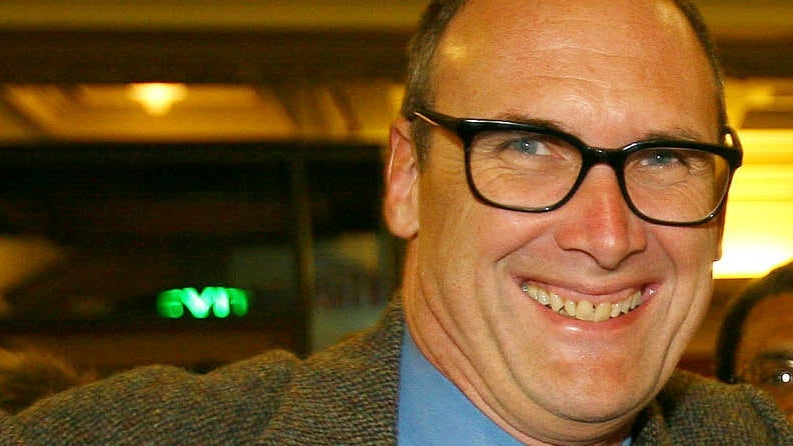The joys and heartbreaks of nationalized healthcare, by a beloved British writer on his deathbed
There are few things the British people are more proud of than the National Health Service. Yes, there are complaints about long waits and other inefficiencies, but it remains a treasured national institution. As writer AA Gill said in yesterday’s Sunday Times:


There are few things the British people are more proud of than the National Health Service. Yes, there are complaints about long waits and other inefficiencies, but it remains a treasured national institution. As writer AA Gill said in yesterday’s Sunday Times:
The NHS represents everything we think is best about us. Everyone standing for whatever political persuasion has to lay a sterilized hand on an A&E revolving door and swear that the collective cradle-to-crematorium health service will be cherished on their watch.
On Dec. 10, Adrian Gill, a British author and Sunday Times restaurant critic, died at the age of 62, three weeks after announcing that he had cancer matter-of-factly in a restaurant review. “An embarrassment of cancer,” he called it (paywall). “I have a trucker’s gut-buster, gimpy, malevolent, meaty malignancy.”
Gill was one of the UK’s most formidable writers, who was at once entertaining, witty, compassionate, and ruthless. The day after he died, Gill’s final column was published in the Sunday Times: a reflection on the NHS as a patient. He chose to undergo treatment on the NHS (paywall) instead of opting for fancier private healthcare because he wanted to experience a ”human connection” with the health service.
He wrote in yesterday’s column that his friends were astonished that he chose to stay in the UK for treatment. After all, the UK has the lowest cancer survival rate in western Europe. It tends to take too long to get a definitive diagnosis, with patients shuttled between an array of consultations, referrals, and meetings with various generalists and specialists employed by the chronically overstretched free service. “That is the chronic tumour in the bowel of the system,” Gill wrote. The UK spent more than £115 billion ($145 billion) on the NHS in its latest fiscal year.
Still, without insurance, Gill chose the NHS, and showed little regret:
The National Health Service is the best of us. You can’t walk into an NHS hospital and be a racist. That condition is cured instantly. But it’s almost impossible to walk into a private hospital and not fleetingly feel that you are one: a plush waiting room with entitled and bad-tempered health tourists.
His view of private health care was much like the rest of his work; brutally honest and loathing of pretension. Gill went through chemotherapy but it didn’t work. He was told his only other option was immunotherapy, a new treatment that uses the body’s immune system to fight cancer. Specifically, he would need the drug nivolumab. It’s available in the UK, but not via the NHS because it’s still under review—it costs approximately £68,400 a year to treat one person. Too much for Gill:
As yet, immunotherapy isn’t a cure, it’s a stretch more life, a considerable bit of life. More life with your kids, more life with your friends, more life holding hands, more life shared, more life spent on earth—but only if you can pay.
More than slow diagnosis times and crumbling hospitals, this is the crisis Gill faced. Nivolumab was too expensive. The bureaucracy and the limited funding of the NHS makes countless cutting-edge treatments unavailable for patients. And yet, Gill ends his column with a brave, heart-warming tribute to the people who make the health service run. Speaking of a young nurse, he wrote:
“Well, it turns out the chemo isn’t working.” Her shoulders sag and her hand goes to her head. “F***, f***, that’s dreadful.” I think she might be crying.
I look away, so might I.
You don’t get that with private healthcare.